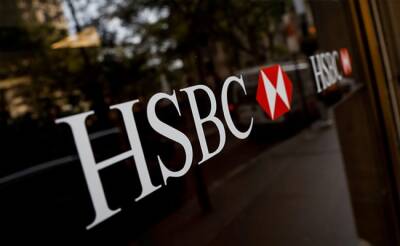UK shoppers face more identity checks when buying online
Online shoppers in the UK face more identification checks when paying for purchases on the internet from Monday, as new rules to clamp down on fraud come into force.
The new Strong Customer Authentication (SCA) requirements will change the way people confirm their identity when using their debit or credit cards to make online purchases, and are expected to lead to more card payments being declined. It is the biggest change to card payments since chip and pin was rolled out 16 years ago, and is designed to reduce the £376m lost to online fraud in 2020.
The measures are similar to those already faced by people logging into online banking. Customers will be asked to prove their identity when making a purchase by confirming two of three “factors”: something they are, for example by providing a fingerprint or facial ID; something they know, such as a passcode or password; or something they have, such as their mobile phone.
The two-factor authentication checks mean that customers may be asked to verify a purchase via a one-time passcode sent by text message, which they then have to enter on screen. Other confirmations include answering an automated phone call to a landline or mobile or signing into a banking app.
Some types of transactions are exempt from the requirements, mainly purchases deemed at “low risk” of fraudulent activity, such as when buying low-cost items, or repeated purchases such as subscriptions. High value purchases, or those outside a buyer’s normal spending habits or transacted on a previously unused device, are likely to prompt the extra security checks.
Mastercard expects about 25% of online transactions to require some form of extra verification by the customer from Monday, compared with only 1% of online
Read more on theguardian.com

















